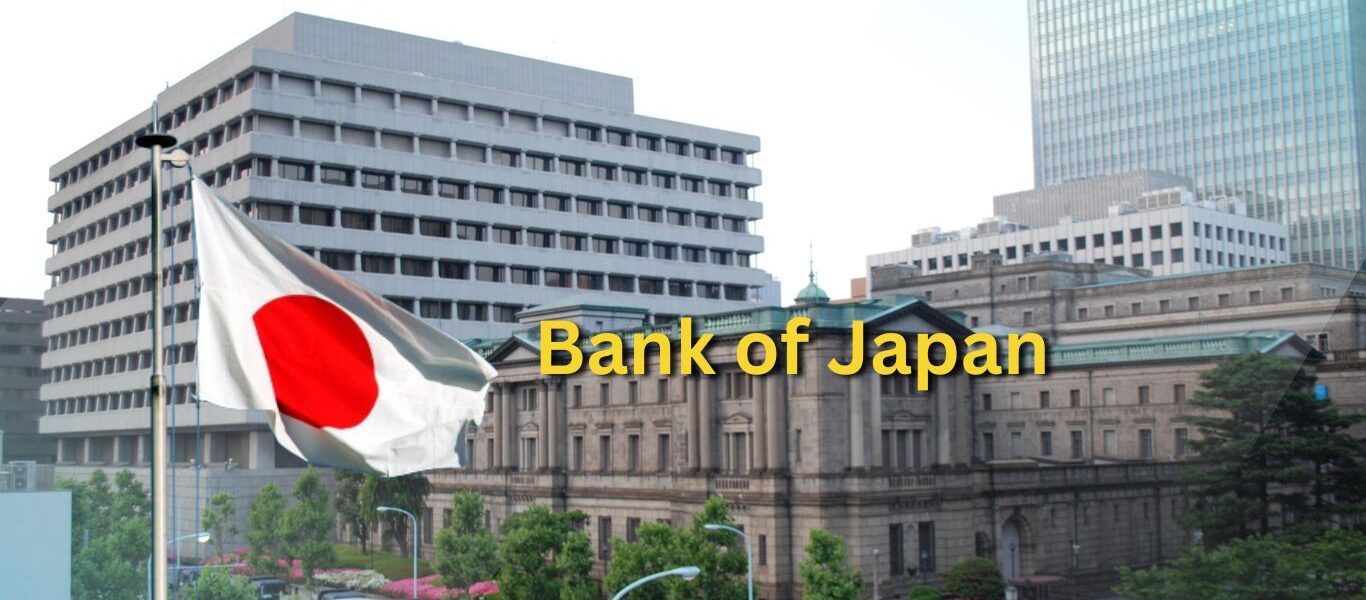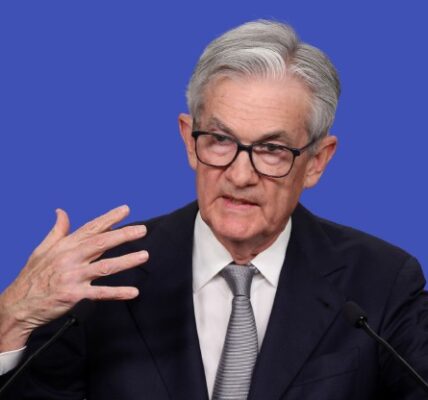In a historic shift, the Bank of Japan (BOJ) on Tuesday abandoned its ultra-loose monetary policy, indicating a significant step towards normalcy after years of unconventional measures. This move signals a potential turning point for global interest rates as Japan becomes the last major economy to exit negative rates.
The Bank of Japan announced a new short-term rate goal ranging between 0% to 0.1%. To achieve this, they will pay 0.1% interest on commercial bank reserves parked at the central bank. This effectively nudges borrowing costs slightly higher, a stark contrast to the negative interest rates employed since 2016.
The board also decided to abandon yield curve control (YCC), a measure designed to maintain long-term interest rates close to zero. Although this approach was intended to spur economic growth, it had recently led to disruptions in the bond market. Furthermore, the BOJ will cease risky asset acquisitions, reducing its stimulus initiatives even further.
Despite these changes, the Bank of Japan emphasized that ultra-easy monetary conditions are likely to remain for the foreseeable future. The fragile economic recovery necessitates a cautious approach to further rate hikes. However, Governor Kazuo Ueda signaled openness to future adjustments, stating that “if trend inflation heightens a bit more, that may lead to an increase in short-term rates.”
Analysts perceive this move as a cautious move towards policy normalization. “The BOJ today took its first, tentative step towards policy normalization,” remarked Frederic Neumann, HSBC’s chief Asia economist. While the decision is projected to minimally affect borrowing expenses in the short term, it lays the groundwork for potential future increases should inflationary pressures endure.
This adjustment in Japanese monetary policy carries global ramifications. As most significant central banks have already increased rates to address inflation, the Bank of Japan’s action strengthens the worldwide trend toward stricter financial circumstances. The effects on currency markets and international capital movements are yet to unfold, but this choice unquestionably signifies a pivotal moment for the global economic arena.





